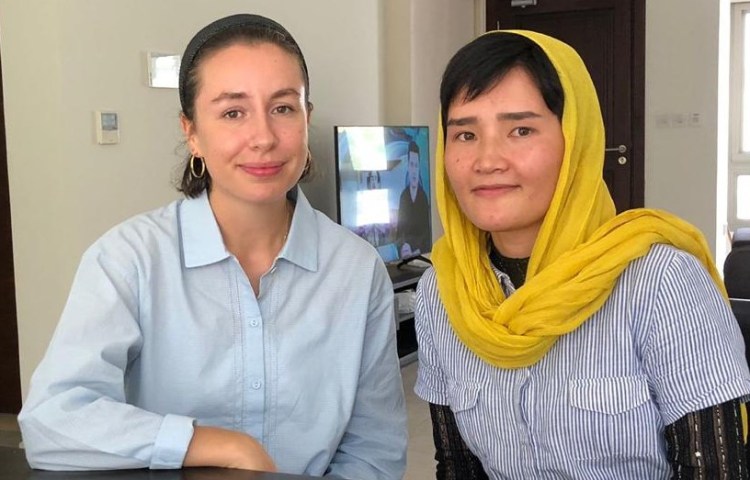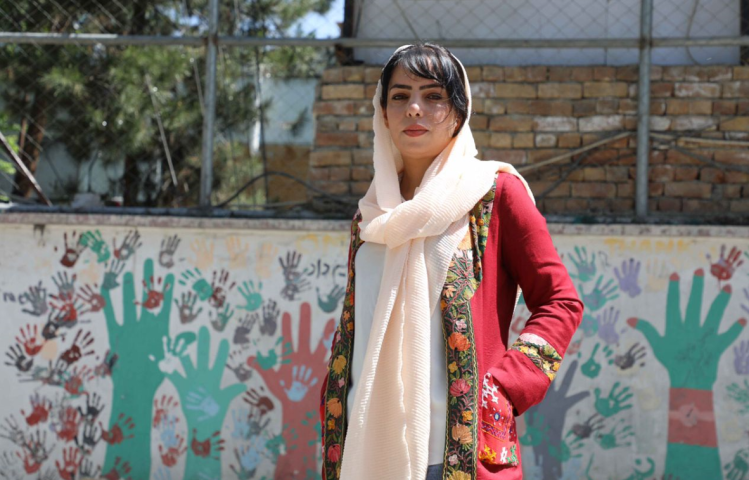
Keeping hope alive
Afghan journalists in exile continue reporting despite an uncertain future “I lost my family, my job, my identity, and my country,” Afghan journalist Anisa Shaheed told CPJ in a phone interview. A former Kabul-based reporter for TOLONews, Afghanistan’s largest local broadcaster, Shaheed is one of hundreds of journalists who fled Afghanistan following the Taliban takeover…
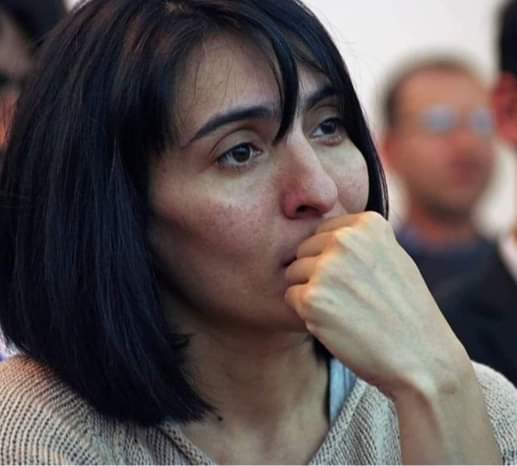
Tajikistan authorities detain, question relatives of exiled journalist Anora Sarkorova
Stockholm, June 29, 2022 – Tajikistan authorities must stop harassing relatives of exiled independent journalist Anora Sarkorova, and should allow members of the press to cover sensitive issues freely, the Committee to Protect Journalists said Wednesday. On the morning of Monday, June 27, officers from the Tajik Interior Ministry’s Department for Combatting Organized Crime detained…
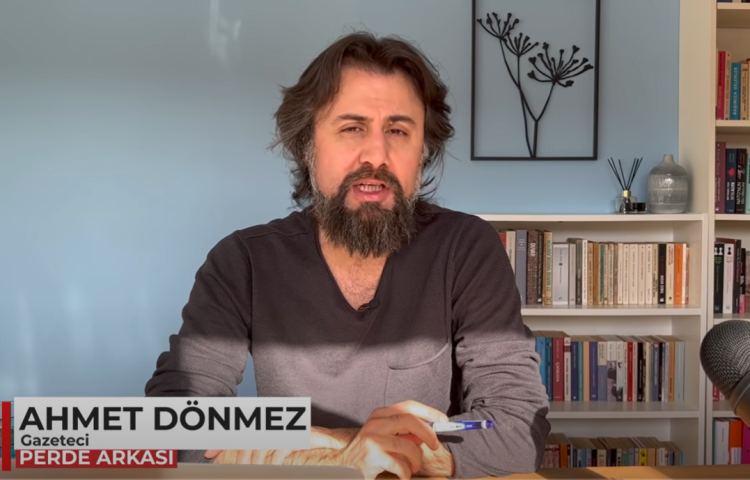
Exiled Turkish journalist Ahmet Dönmez attacked in Sweden
New York, March 21, 2022 – Swedish authorities should conduct a swift and thorough investigation into the recent attack on journalist Ahmet Dönmez and determine if he was targeted for his work, the Committee to Protect Journalists said on Monday. On Saturday, March 19, in Stockholm, unidentified people hit Dönmez’s car from behind and, when…
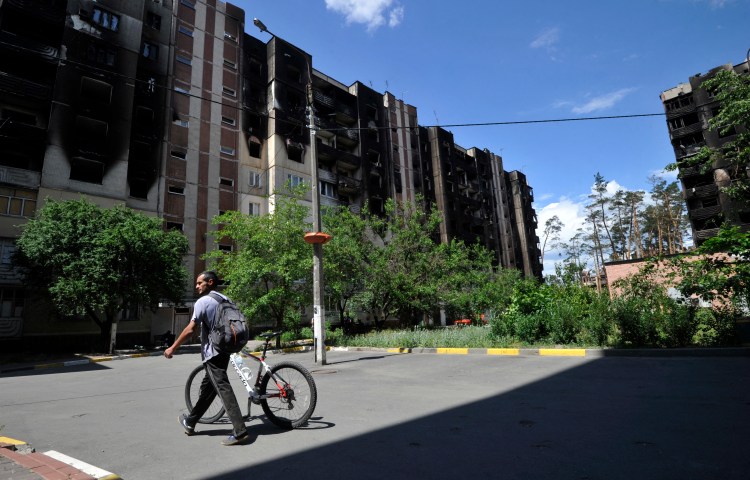
Russia-Ukraine watch
How the war is affecting press freedom in the region Updated June 16, 2022 Russia’s February 24 full-scale invasion of Ukraine marked a sharp escalation in threats to press freedom in the region and beyond. Journalists in Ukraine have been killed covering the war, while many of their Russian counterparts have fled or faced persecution….
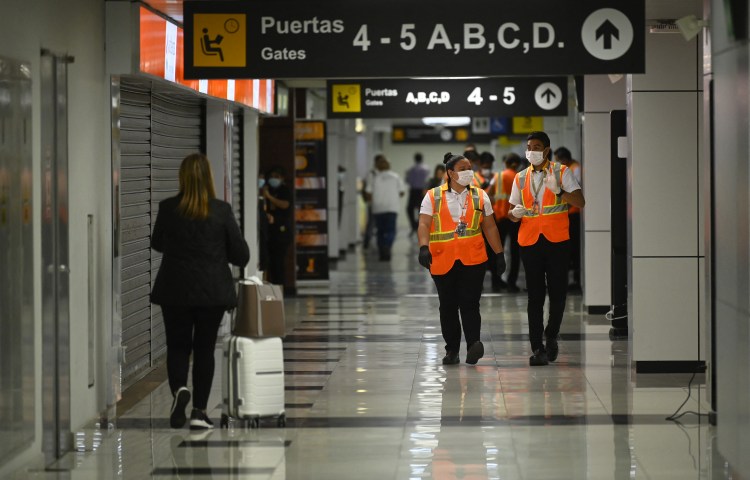
CPJ welcomes El Salvador’s acceptance of 2 journalists expelled from Cuba
Miami, January 6, 2022 – Salvadoran authorities should continue providing support to Cuban journalists Esteban Rodríguez and Héctor Luis Valdés, and Cuban authorities should cease forcing journalists into exile, the Committee to Protect Journalists said today. At dawn on January 4, agents from the Cuban National Revolutionary Police and the Political Police took Valdés from…
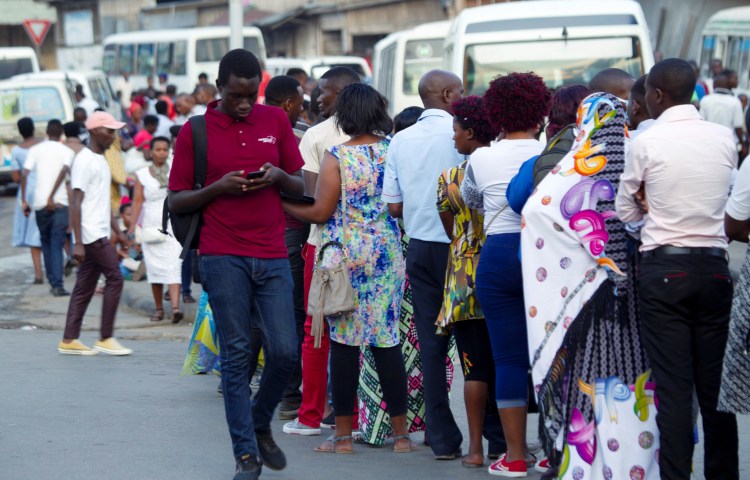
CPJ calls on Burundi government to let all news outlets operate without conditions
Nairobi July 8, 2021— In light of Burundi’s decision to lift bans on the British Broadcasting Corporation (BBC) and pro-government news site Ikiriho, the Committee to Protect Journalists called on the country to reinstate all banned media outlets. CPJ also expressed alarm at the conditions the U.S. Congress-funded Voice of America (VOA) said were placed…
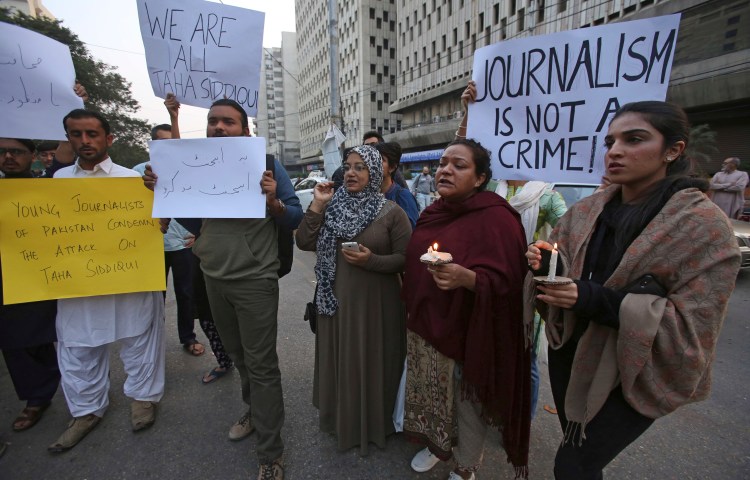
At-risk journalists who must flee home countries often find few quick and safe options
In 2018, journalist Mohammad Shubaat was in Daraa, Syria, caught between advancing forces aligned with Syrian President Bashar al-Assad and the closed borders of Israel and Jordan. Despite the dire threat to Shubaat and many of his colleagues, it would take over a year of intense negotiations with some 20 countries by the Committee to…
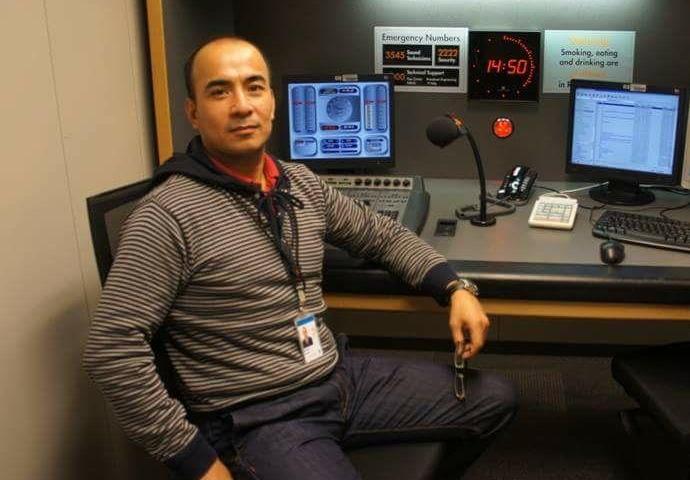
Turkmen security officials threaten, harass families of two exiled journalists
Stockholm, May 26, 2021 – Turkmen authorities must immediately end the practice of harassing exiled journalists’ family members and allow all Turkmen journalists based abroad to return to the country and report in safety, the Committee to Protect Journalists said today. On a number of occasions between March and May this year, officers of the…

Exiled Turkish journalist Can Dündar sentenced to 27.5 years in prison
Istanbul, December 23, 2020 – The Committee to Protect Journalists today condemned a Turkish court’s conviction and sentencing of exiled journalist Can Dündar. Today, the 14th Istanbul Court of Serious Crimes announced that Dündar, who lives in Germany, had been sentenced to 18 years and nine months in prison for an espionage conviction, and eight…
